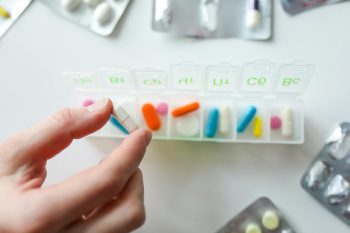The treatment of fatty liver disease consists of diet, exercise and administration of various drugs (ursodeoxycholic acid, vitamin E, pentoxyfilline, etc.).
In relation to diet, it has been proven that olive oil can have a beneficial effect. Several studies conclude that its intake can significantly reduce the deposit of fat in the liver. In a recent study, olive oil was administered in the diet to 32 patients with fatty liver for 12 weeks and compared with 34 others who took sunflower oil. In those patients in whom their diet included olive oil, it was found a higher decrease in liver fat and in the percentage of body fat than in those who received sunflower oil. Other studies have shown a similar effect when comparing olive oil with other types of oil (such as soy and safflower oil).
On the other hand, another study included 43 patients with fatty liver disease divided into two groups and who followed a hypocaloric diet with or without extra-fine virgin olive oil (3 tablespoons daily of oil along with the diet). In patients who took olive oil there was a significant decrease in transaminases and weight (mean of 3.45 kg) compared to controls.
In addition, it has been shown that olive oil can have indirect beneficial effects on the vascular system (arteries, etc.) since it lowers the levels of bad cholesterol (LDL) without affecting those of good (HDL).
Comment also that several studies have suggested that drinking three cups of coffee a day can be beneficial to prevent progression of fatty liver to a more serious liver disease (liver cirrhosis).
In summary, a diet for fatty liver should include both the intake of olive oil and coffee as they are useful for the control of this disease.



